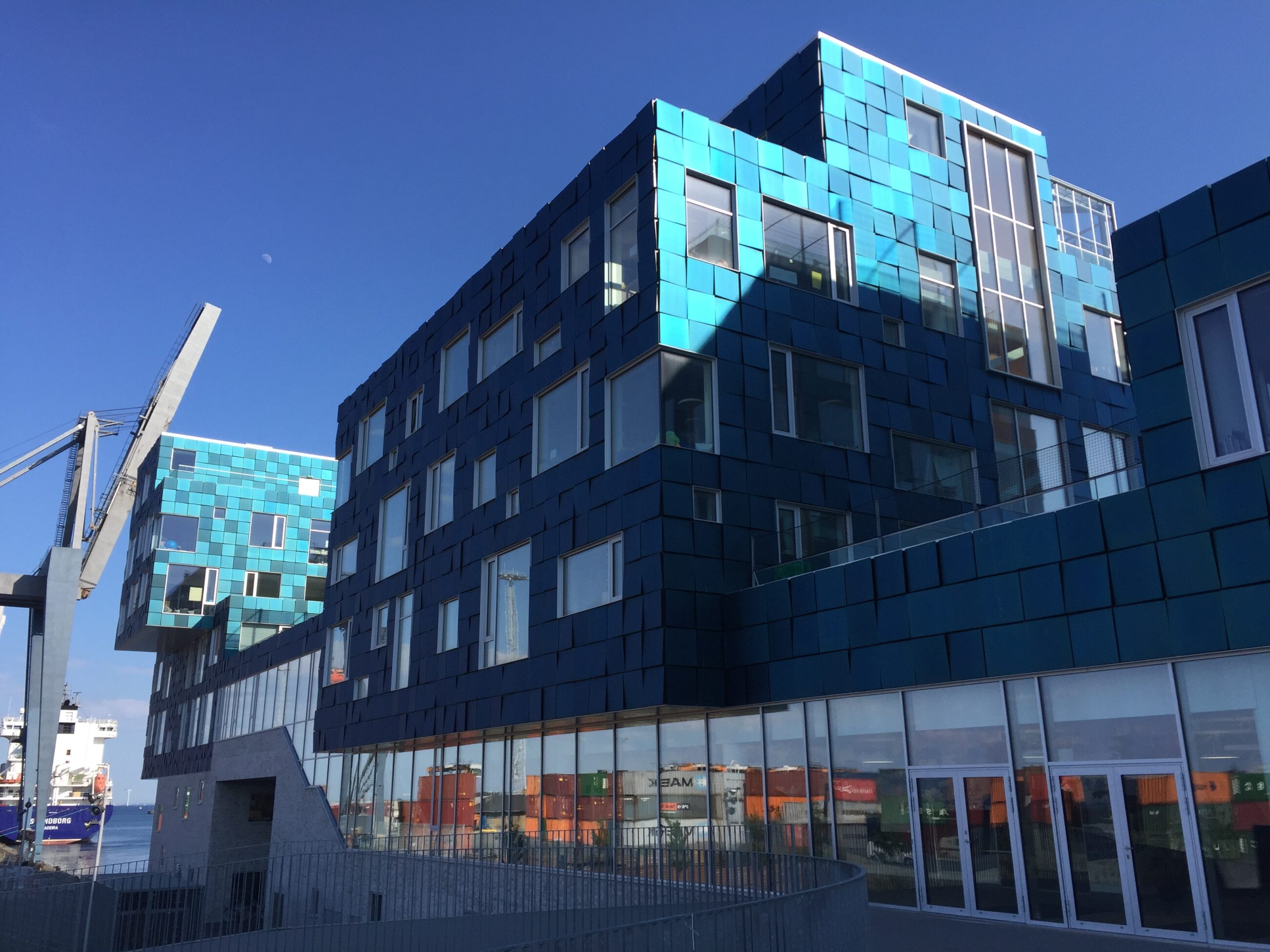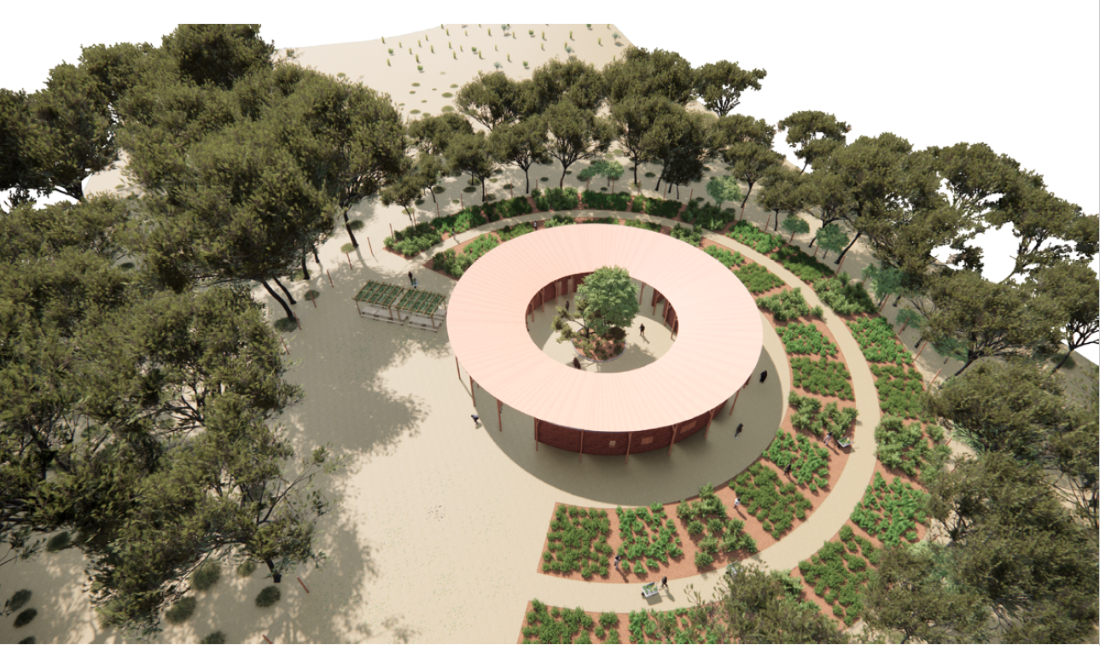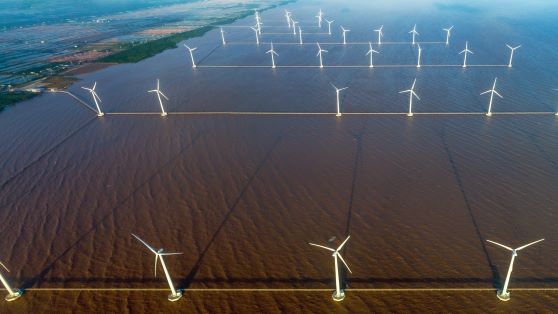News
Air pollution
Clean air in transportation
Sustainable fuels
Groundbreaking: Blue World Technologies has taken the first step in realising the world’s largest methanol fuel cell factory
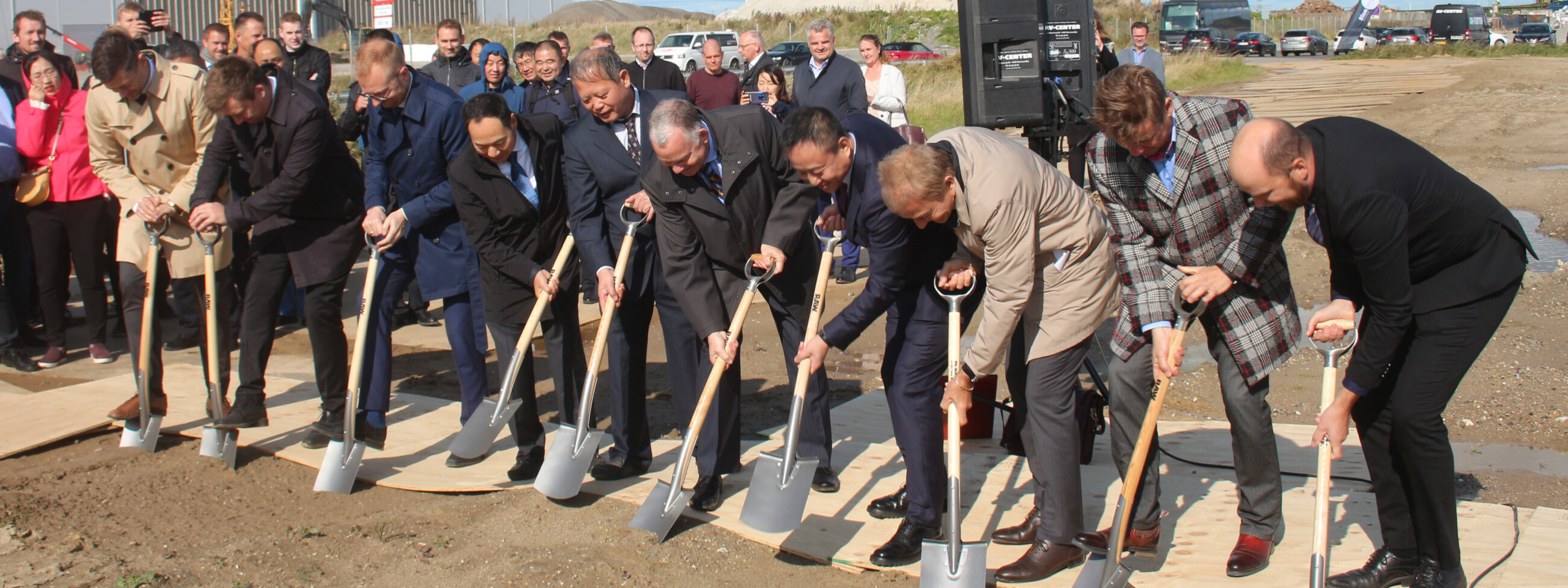
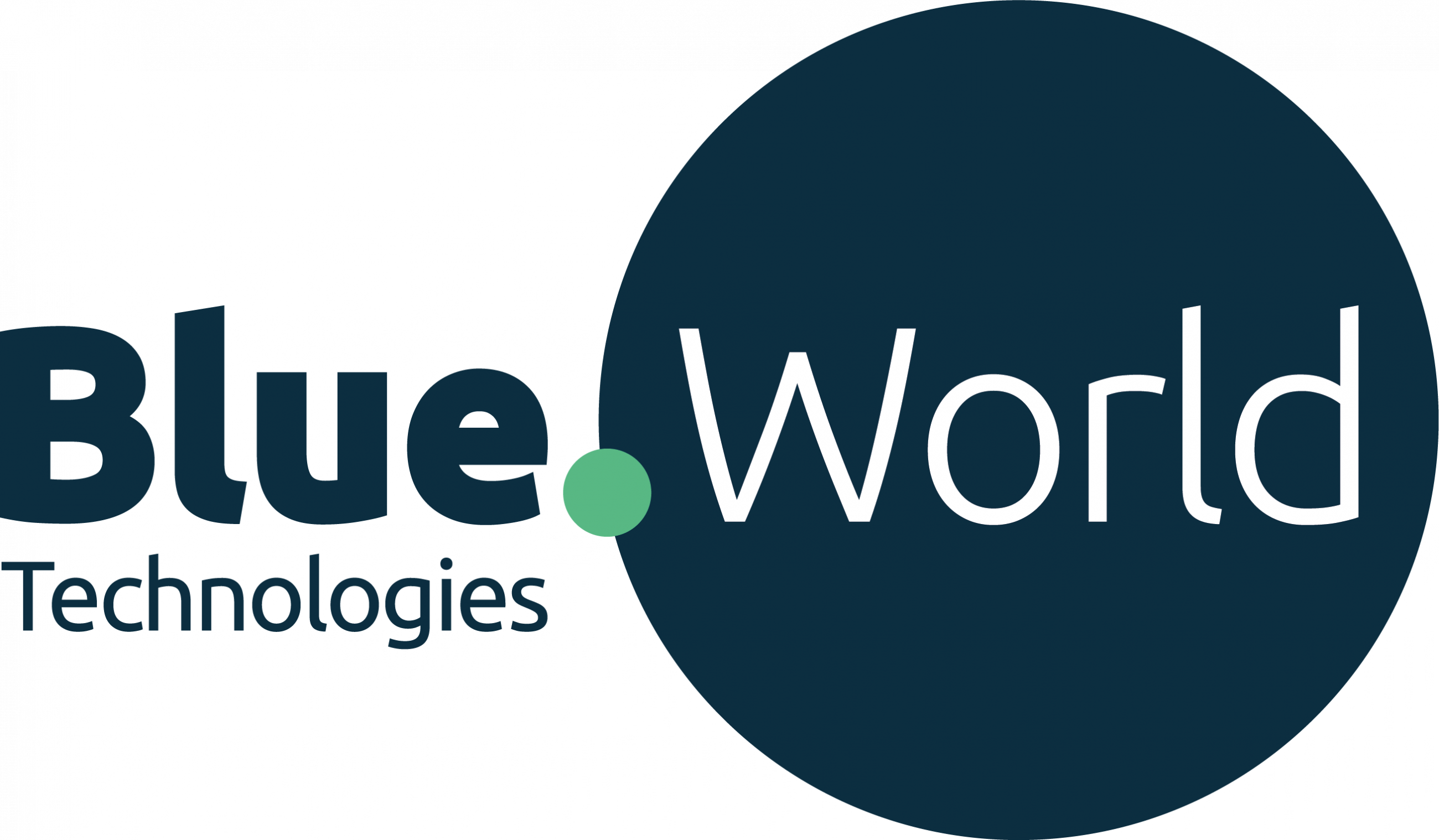
Only 11 months ago did Blue World Technologies see the light of day, and since then there have been many milestones leading up to this day where Blue World Technologies gathered partners, stakeholders, friends and colleagues from the industry for the celebration of the groundbreaking of the production facilities that – over the coming months – will be built at the Port of Aalborg.
“This is an important day, not only for us but for the world. When we started Blue World Technologies, it was with an aim to make a difference in the world. We wanted to take the fuel cell technology – that we have been working on for the past two decades – from development stage to large-scale commercial production. With the groundbreaking we are now one step closer to supplying a solid green alternative to the combustion engine”, said Anders Korsgaard, CEO of Blue World Technologies when he addressed the guests at the groundbreaking ceremony.
Since Blue World Technologies was founded, the company has grown from a team consisting of the three founders to a team of 37 people, and each month new colleagues are joining the mission. When reaching full production in 2023-24, it is expected that the team will have grown to more than 500 people. In early spring 2019, Blue World Technologies closed a successful seed-round investment, and currently, the company is in the process of the next investment round which is expected to close within the next couple of months.
“The story of Blue World Technologies is a story of innovation and sustainability. Our planet hungers for new and more environmentally friendly solutions to stop climate change – solutions based on smart thinking and tomorrow’s technology. Blue World Technologies is part of the answer”, stated Thomas Kastrup-Larsen, Mayor of Aalborg, at the groundbreaking ceremony. From a local perspective he added: “As Mayor, I am very excited about the project. Blue World Technologies will not only strengthen Aalborg’s position within green energy but also support our goal to become Denmark’s Green Test Center”.
The construction of the new production facilities is expected to be finished by the end of Q1 2020, after which the installation of the highly automated production equipment will begin. The production is planned to start in the late summer of 2020 and from then ramp-up to reach full production capacity in 2023-24. The production will primarily focus on the key fuel cell components such as the bipolar plates, membranes and electrodes.
A green alternative for the automotive industry
Worldwide, there is a strong focus on finding green alternatives to fossil-fuelled combustion engines in the transportation sector. The methanol fuel cell technology provides that alternative. As a hybrid-setup in combination with a small battery pack, the methanol fuel cell acts as a range extender delivering long range, fast refuelling with a liquid fuel as well as addressing the worldwide problems with air pollution. Using methanol as fuel provides the opportunity to reuse the already existing fuelling infrastructure, and when using green methanol produced from renewable sources, the fuel will be CO2 neutral from a well-to-wheel perspective.
“There is a great demand for new technologies for the automotive industry and we see that all the global car manufacturers are making a switch in focus towards electric vehicles. At the same time, there are some significant shortcomings in the technologies available on the market when it comes to range, refuelling time and cost-effectiveness. This is the gap we want to fill with the methanol fuel cell technology”, explains Mads Friis Jensen, CCO at Blue World Technologies.
Blue World Technologies is working closely together with R&D departments at OEMs within the automotive industry, and the first cars are expected to hit the roads for test during the first half of 2020. The AIWAYS U5 SUV is one of the platforms that Blue World Technologies – in close collaboration with AIWAYS – is working on integrating the methanol fuel cell technology for. Earlier this year, AIWAYS entered as a shareholder in Blue World Technologies as a strategic decision to accommodate the overall goal of the company of creating the next generation of sustainable vehicles.
Targeting the Chinese market
Due to China being the largest market for electric vehicles in the world, Blue World Technologies has from the very beginning had a strong focus on the Chinese market both regarding investors, production equipment and potential customers. To build the right relations in China, Blue World Technologies has benefited from the strong bridging between China and Denmark that the City of Aalborg – especially through the Chinese-Nordic Innovation Center – has established over the past years.
“In establishing close business collaboration with Chinese companies, being from Aalborg has opened some doors for us. In general Aalborg is highly recognised in China as a city of innovation and green technologies, and we are grateful for the support that we have received from the Municipality of Aalborg in order to create a solid foundation for business relations to some of the leading industry players in China”, says Anders Korsgaard, CEO at Blue World Technologies.
Source: Blue World Technologies


